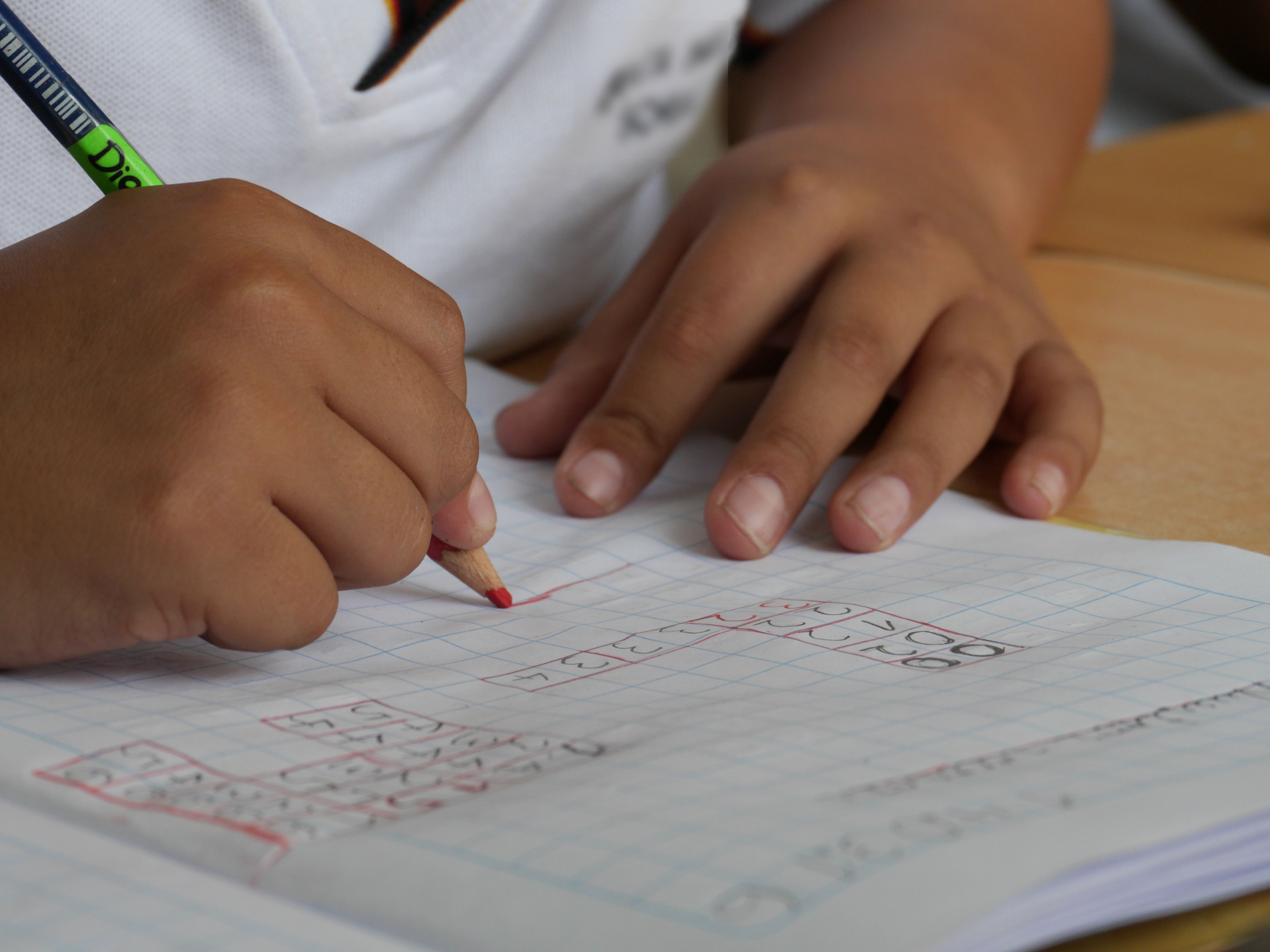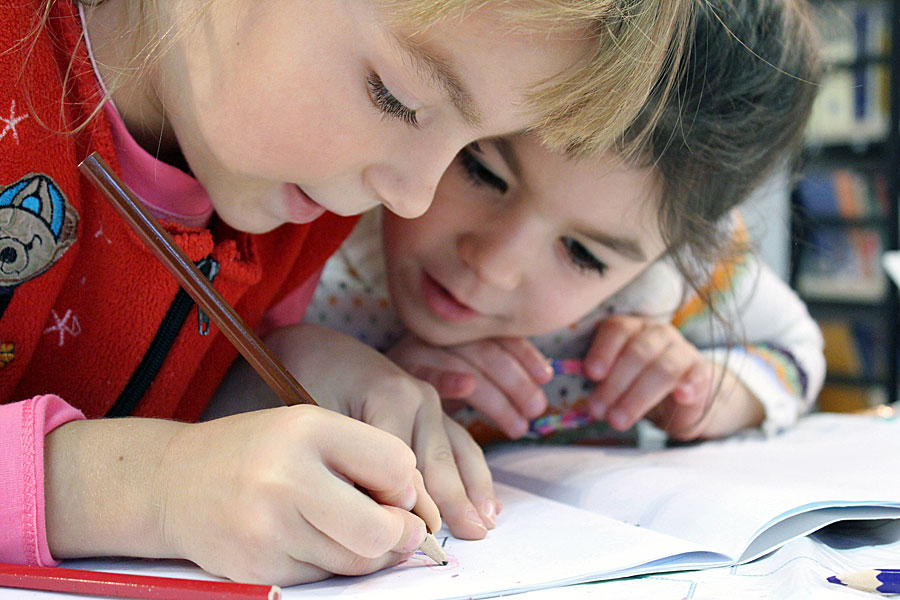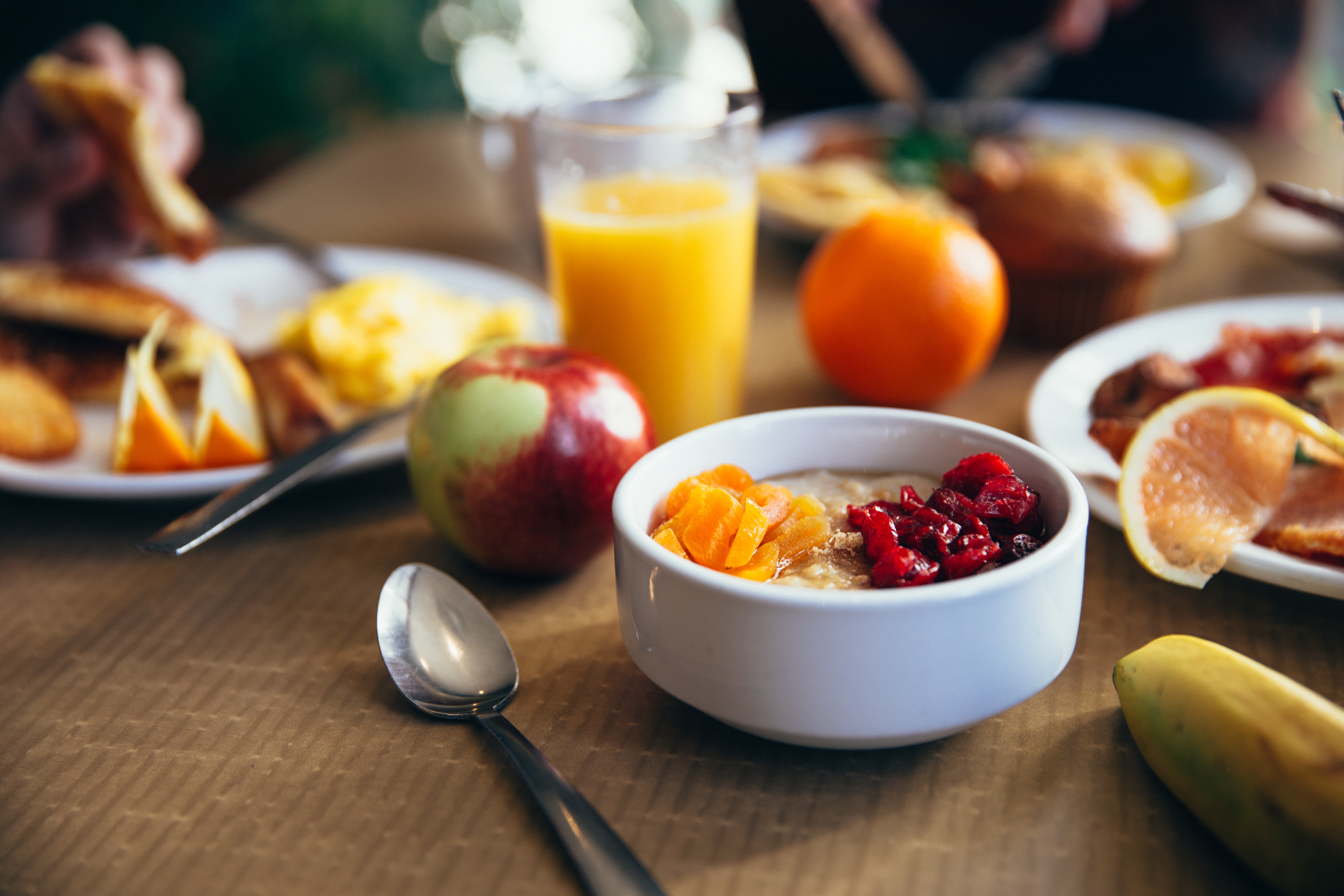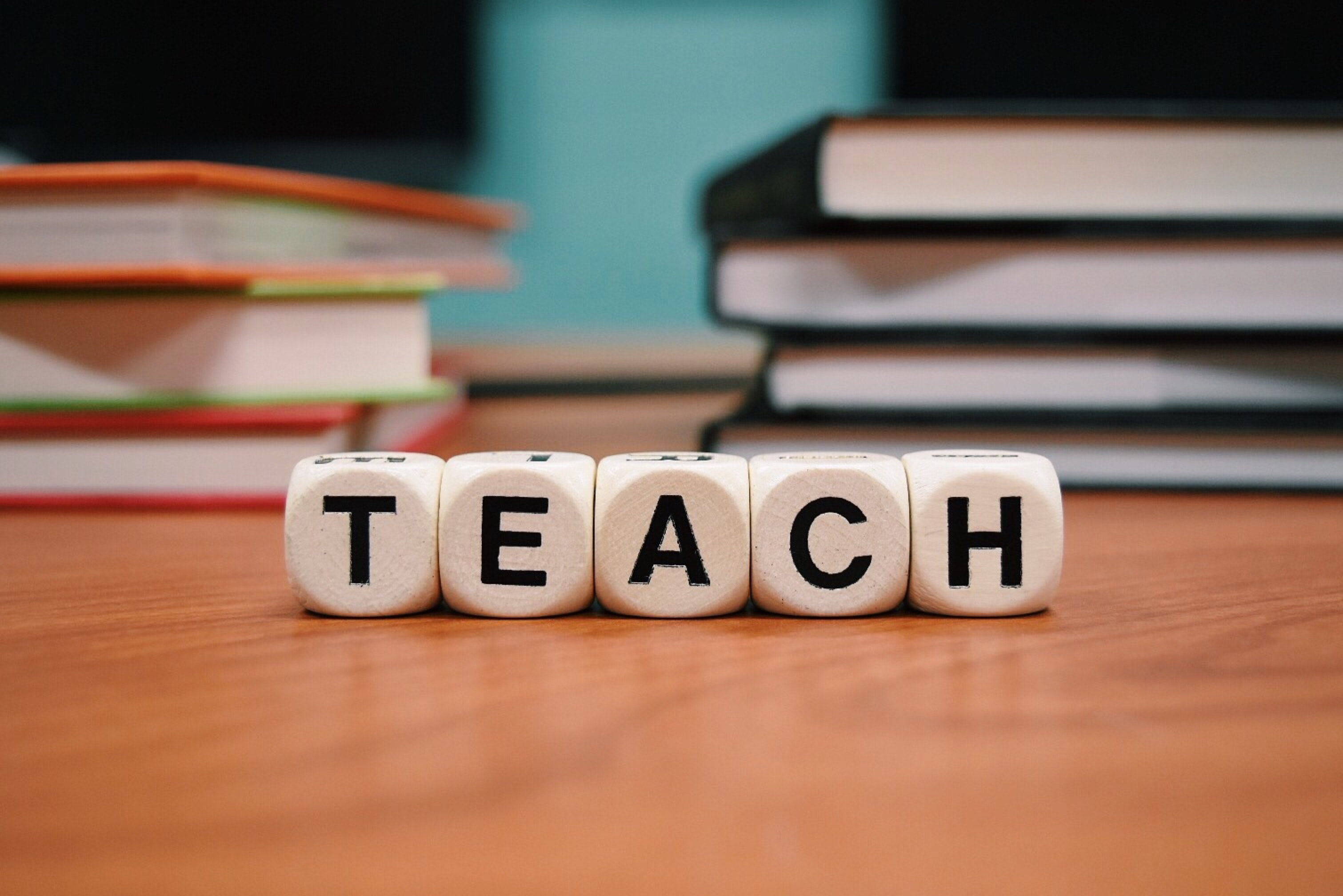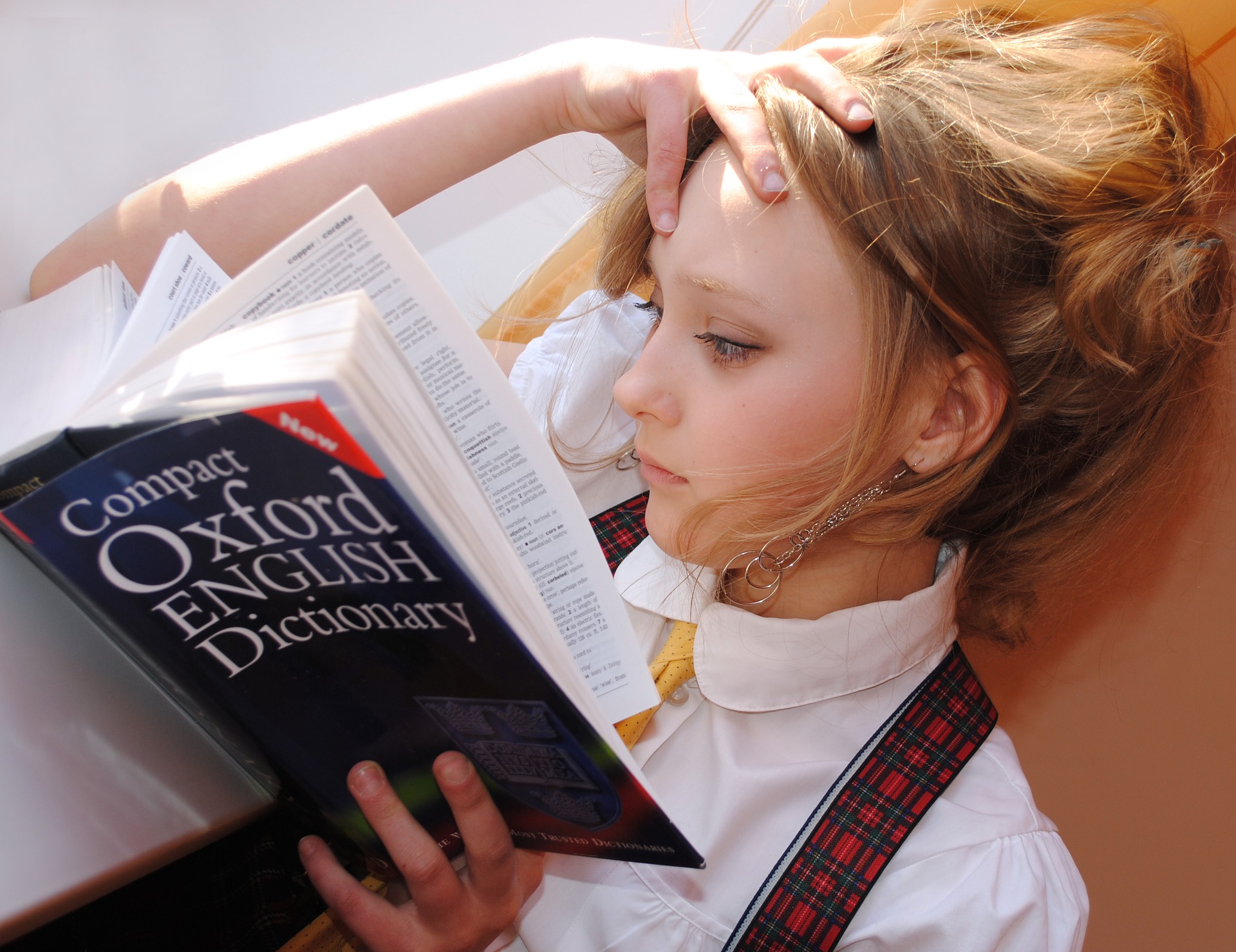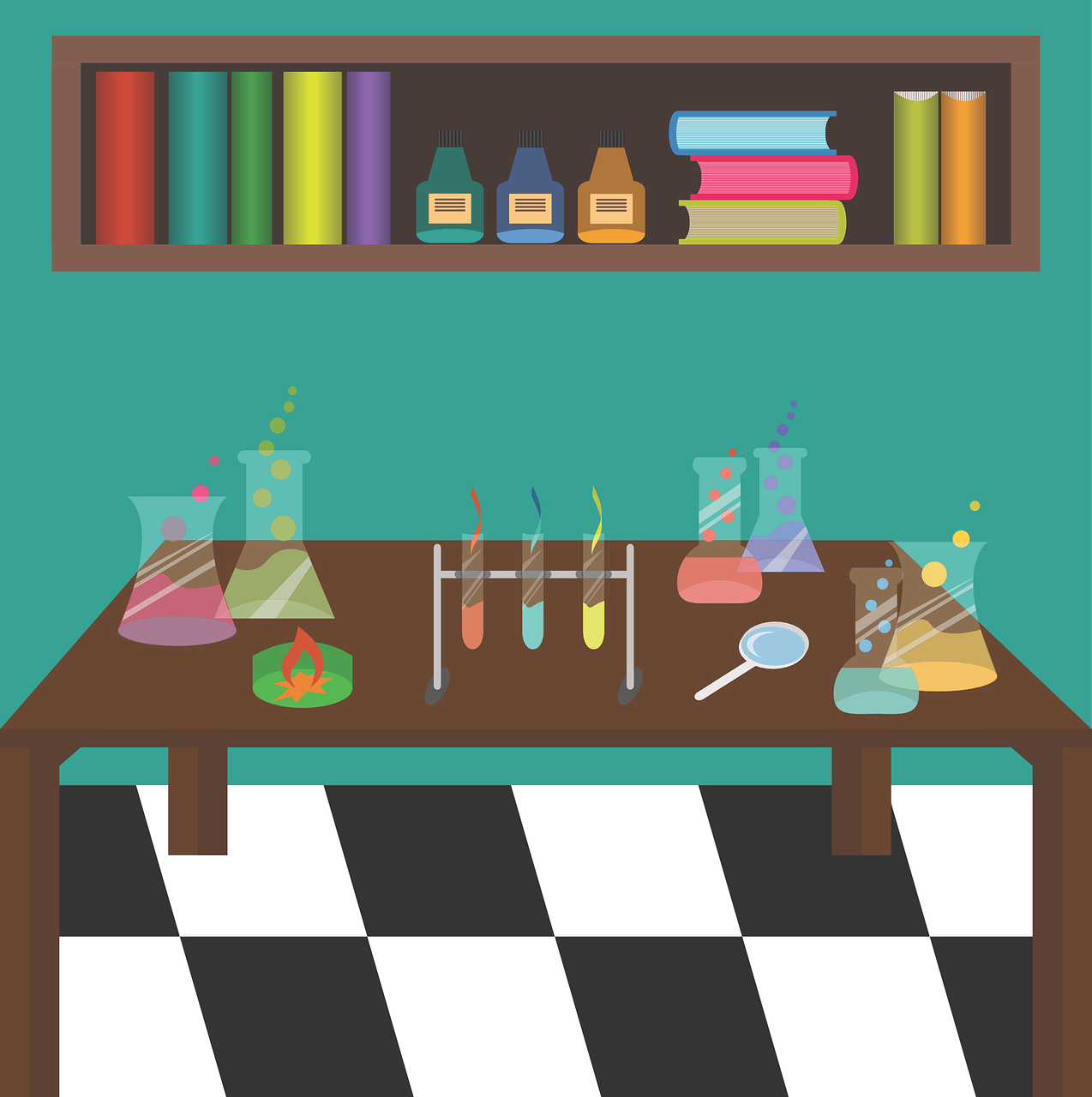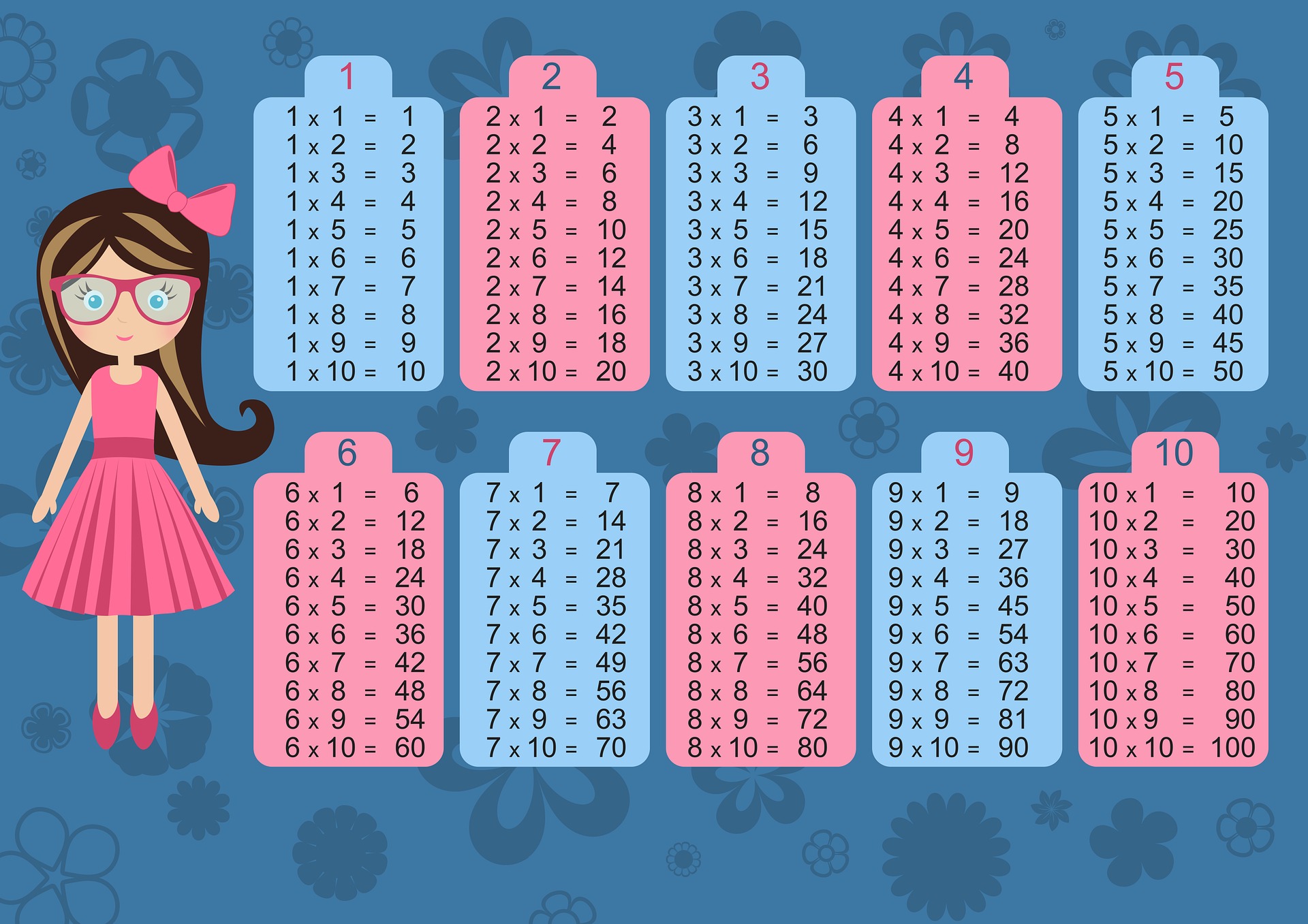Private Tuition Could Benefit Your Child
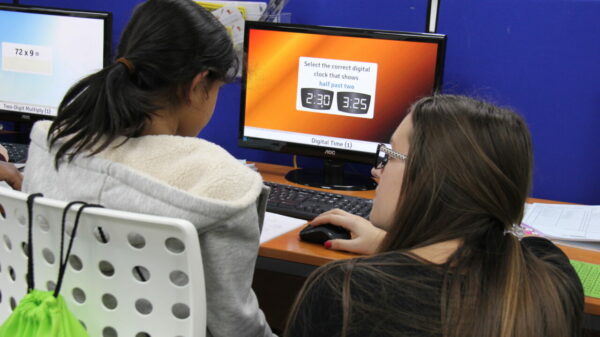
Many students find that mainstream education doesn’t have the resources to provide sufficient one-to-one attention from teachers. Parents are turning to private tuition to complement the teaching provided in school.
How can tutors help with GCSEs?
Tuition for GCSE students is on the rise. The 2018 Sutton Trust survey found that 27% of students now have a tutor at some point in their education.
Benefits of working with a tutor at StudyBox:
- Our tutors provide customised lessons in which they can concentrate on specific areas of the syllabus that are proving problematic
- In one-to-one sessions, the tutor can determine and focus upon a student’s weak areas
- A student is more likely to ask for help and resolve the problem they’re struggling with
- Our tutors can help the student with homework and test practice which helps build confidence in the classroom
- Students have access to additional learning resources
Why invest in a tutor for the 11+ exam?
Grammar schools have a reputation as the pinnacle of the secondary education system. With a wealth of resources and a history of exceptional results, parents aspire to see their child attend grammar schools. Places are incredibly competitive and students must pass the 11+ exam to gain entry.
The 11+ exam is extremely difficult, to the extent that many children begin to prepare for it from as early as Years 3 or 4. Our tutors know which techniques to use to improve a child’s score and enhance their chances of getting into a grammar school of their choice.
The 11+ exam is an advanced KS2 level and we provide a specialised programme for students in year 4 and 5. We begin teaching students more challenging topics early on in year 5 to ensure they have sufficient time to consolidate their knowledge and practice applying skills to exam style questions.
The benefits of revision
The sooner a student starts to revise, the better.
In mainstream education, the time to teach the syllabus is limited and students are required to do a large proportion of their revision at home.
By taking the time to go over subjects, again and again, the student’s confidence naturally grows. A tutor can offer various revision techniques to avoid cramming which causes stress and anxiety.
StudyBox is a maths and English tuition centre based in Wallington and Sutton. We provide tuition in English, mathematics and science for SATS, GCSE and 11+. To find out more visit our website. Follow our Facebook!


